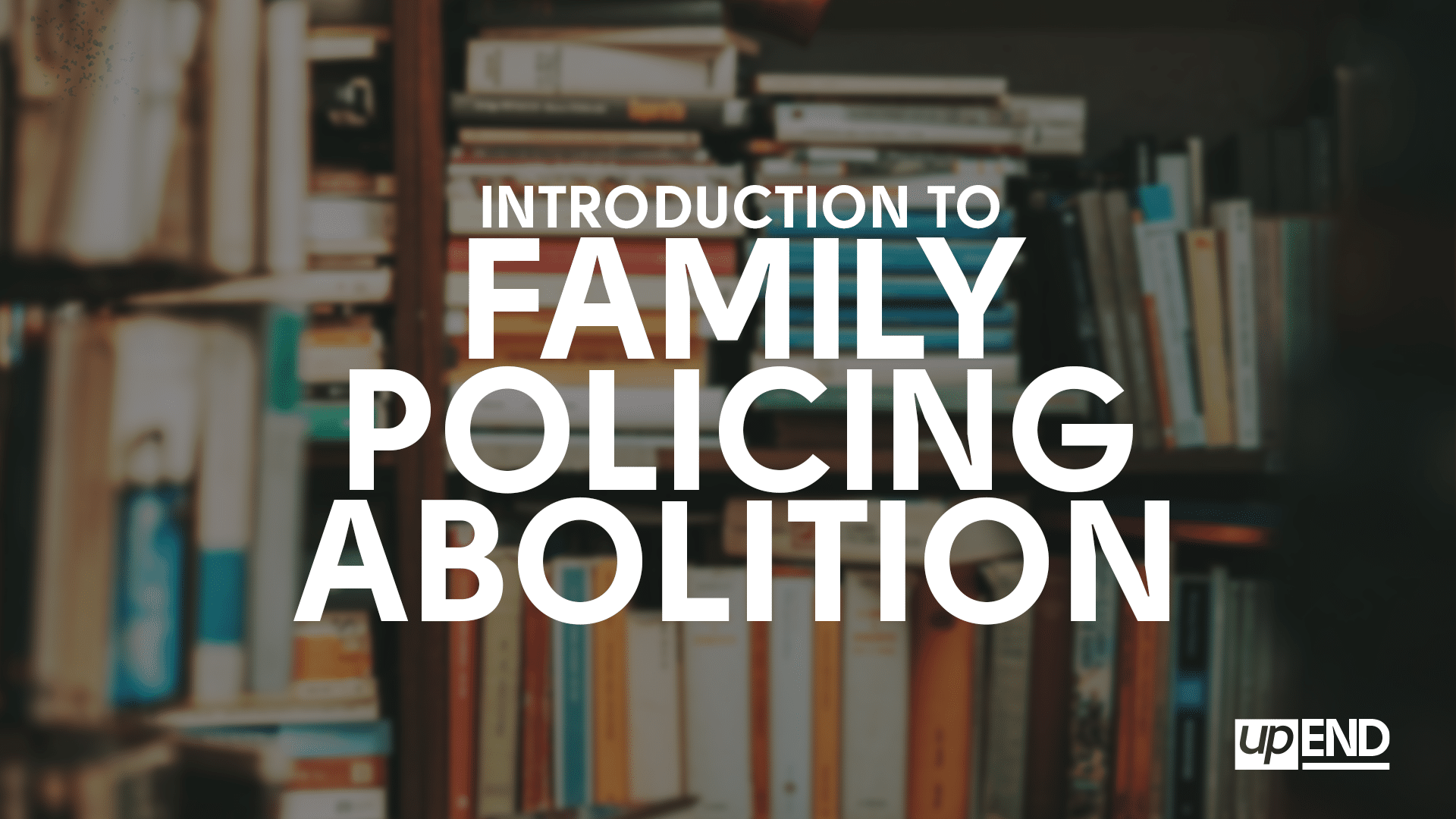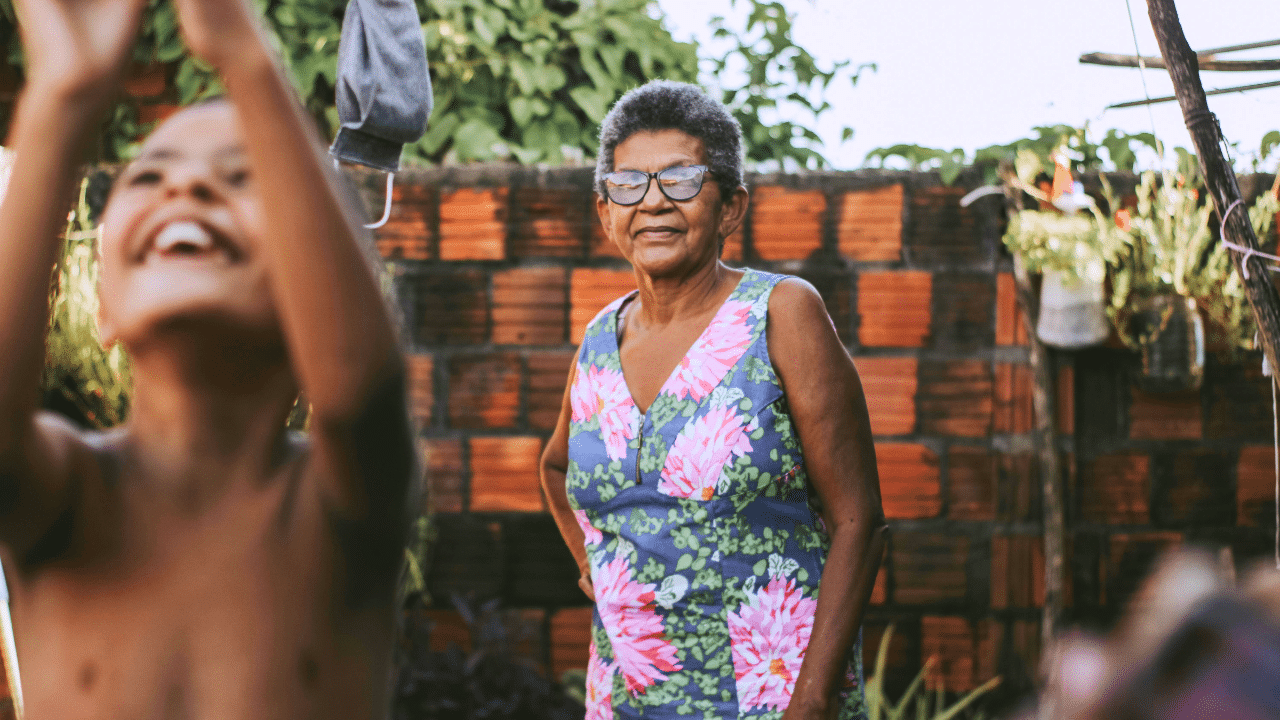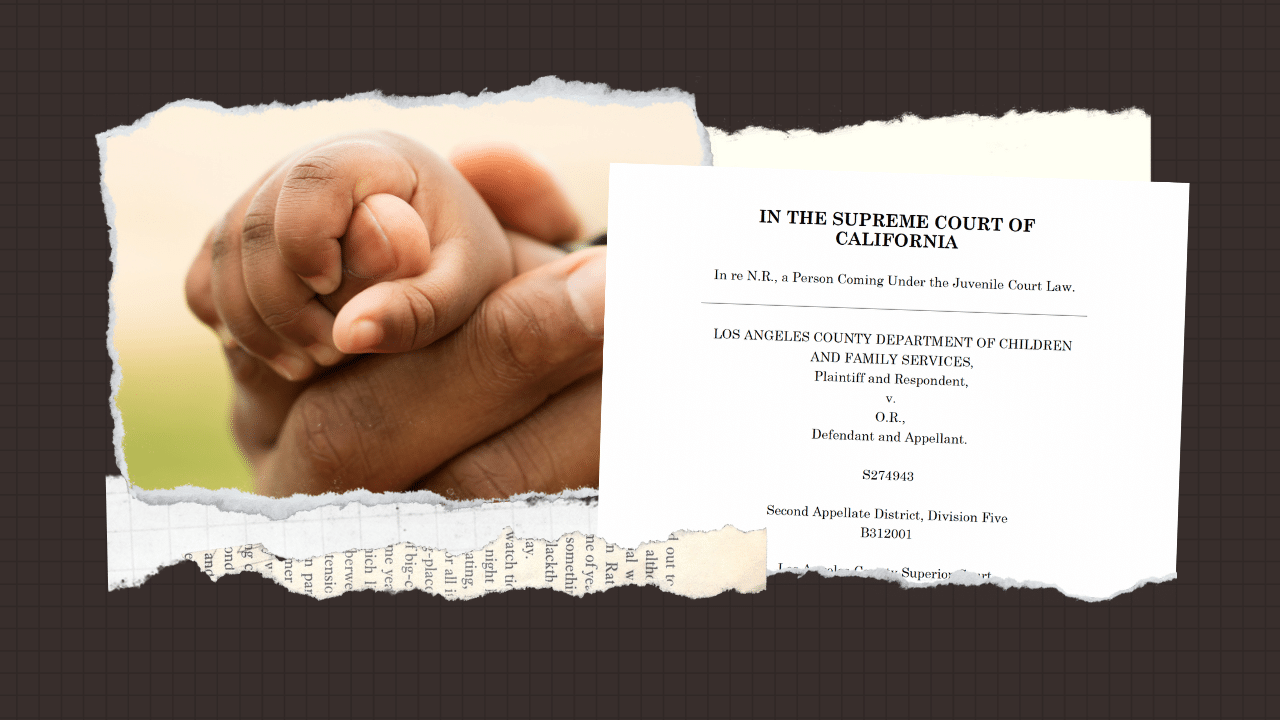We can build a society where children and families are strengthened and supported, not surveilled and separated.

The first season of The upEND Podcast traces family separations during chattel slavery to the family policing system we have today and imagines a safer future.

Take a self-guided course on family policing’s history, present, and abolitionist future. This is a companion to The upEND Podcast.
Do proposed reforms to family policing further entrench systemic harms or do they create a society where the need for a family policing system is obsolete?

While the family policing system also purports to prevent child abuse, abolition seeks to prevent harm before it occurs in the first place.

Child welfare policies reward those who uphold the American “family ideal” and police, punish, and profit from those who don’t meet it.

This decision will reduce California’s ability to forcibly separate families.